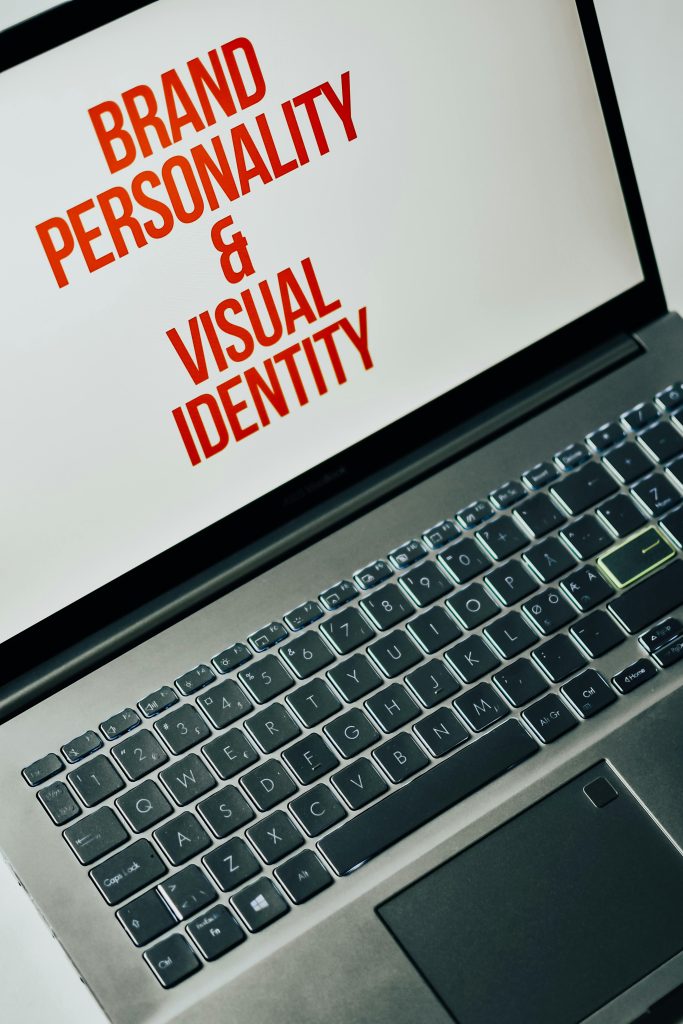Table of Contents
In today’s digital age, personal branding has become a crucial element for professional success and visibility. With the rise of social media and digital platforms, individuals are increasingly recognizing the value of crafting and managing their personal brands. Personal branding, the practice of marketing oneself and one’s career as a brand, is no longer just a concept for celebrities or influencers; it has become an essential strategy for professionals across various industries. This article explores the rise of personal branding, its significance in the modern world, and the strategies for building and maintaining a strong personal brand.

Understanding Personal Branding
Personal branding involves identifying and promoting one’s unique skills, values, and personality to establish a distinct and recognizable identity. It is about how individuals present themselves to the world, both online and offline, and how they differentiate themselves from others in their field. A strong personal brand reflects an individual’s expertise, passions, and values, and it helps shape their reputation and career opportunities.
Key components of personal branding include:
- Unique Value Proposition: This is the core of personal branding, highlighting what makes an individual stand out from others. It includes one’s skills, experiences, and attributes that provide value to employers, clients, or audiences.
- Consistent Messaging: Consistency in messaging across various platforms and interactions helps reinforce one’s brand identity. This includes consistent visual elements, tone of voice, and key messages.
- Online Presence: In the digital era, online presence is critical. Personal branding involves managing profiles on social media, professional networks, and personal websites to ensure a cohesive and positive representation.
- Networking and Relationships: Building and maintaining relationships within one’s industry is an important aspect of personal branding. Networking helps to establish credibility, expand influence, and create opportunities.
Factors Driving the Rise of Personal Branding
- Digital Transformation: The rise of social media and digital platforms has made it easier for individuals to showcase their expertise and build their personal brands. Platforms like LinkedIn, Instagram, and Twitter provide opportunities to reach a global audience and share one’s achievements and insights.
- Increased Competition: In a competitive job market, having a well-defined personal brand helps individuals stand out. It allows professionals to differentiate themselves from others with similar skills and experience.
- Career Development: Personal branding is essential for career growth and development. A strong personal brand can lead to new job opportunities, promotions, and recognition within one’s industry.
- Entrepreneurial Spirit: Many individuals are leveraging personal branding to establish themselves as thought leaders, consultants, or entrepreneurs. Personal branding helps in building credibility and attracting clients or investors.
- Authenticity and Trust: In an age where transparency and authenticity are valued, personal branding allows individuals to present their genuine selves. Authentic personal brands foster trust and credibility with audiences and potential employers.
Building a Strong Personal Brand
- Define Your Brand: The first step in building a personal brand is to define what you want to be known for. Identify your strengths, skills, values, and passions. Determine your unique value proposition and how it aligns with your career goals.
- Create a Personal Brand Statement: Craft a concise personal brand statement that communicates your unique value and professional identity. This statement should encapsulate who you are, what you do, and what sets you apart.
- Develop Your Online Presence: Establish and optimize your online presence across relevant platforms. This includes creating a professional LinkedIn profile, engaging on social media, and maintaining a personal website or blog. Ensure that your online presence reflects your personal brand consistently.
- Share Your Expertise: Position yourself as a thought leader by sharing valuable content related to your field. This can include writing articles, giving presentations, participating in podcasts, or engaging in industry discussions. Sharing your expertise helps build credibility and authority.
- Network Strategically: Build and nurture professional relationships both online and offline. Attend industry events, join professional associations, and connect with individuals who can support and enhance your personal brand. Networking helps expand your influence and create opportunities.
- Seek Feedback and Adapt: Regularly seek feedback from peers, mentors, and colleagues to understand how your personal brand is perceived. Be open to making adjustments and improvements based on feedback and evolving industry trends.
- Maintain Consistency: Consistency is key to reinforcing your personal brand. Ensure that your messaging, visual elements, and interactions align with your brand identity across all platforms and touchpoints.

Impact of Personal Branding
- Career Advancement: A strong personal brand can open doors to new career opportunities, promotions, and professional recognition. It helps individuals stand out in a competitive job market and attract the attention of potential employers or clients.
- Increased Influence: Personal branding enhances an individual’s influence within their industry. A well-established personal brand can lead to invitations to speak at conferences, participate in panels, and contribute to industry publications.
- Greater Networking Opportunities: A strong personal brand attracts like-minded professionals and potential collaborators. It facilitates meaningful connections and helps in building a robust professional network.
- Enhanced Credibility: Personal branding builds credibility and trust with audiences, employers, and clients. Consistent and authentic representation helps in establishing a positive reputation and fostering trust.
- Personal Fulfillment: Building a personal brand that aligns with one’s passions and values can lead to greater personal fulfillment and satisfaction. It allows individuals to pursue work that resonates with their identity and goals.
Challenges and Considerations
- Managing Online Reputation: Maintaining a positive online reputation requires ongoing effort. Negative feedback or missteps can impact personal branding, so it is important to manage and address any issues promptly.
- Balancing Authenticity and Professionalism: Striking the right balance between authenticity and professionalism can be challenging. It is important to present a genuine self while maintaining a level of professionalism appropriate for one’s industry.
- Evolving Industry Trends: Personal branding strategies must adapt to evolving industry trends and changes in digital platforms. Staying current and relevant requires continuous learning and adaptation.
- Time and Effort: Building and maintaining a strong personal brand requires significant time and effort. Consistent engagement, content creation, and networking can be demanding, but they are crucial for long-term success.
Future Outlook
- Integration with Technology: As technology continues to evolve, personal branding will increasingly incorporate new tools and platforms. Innovations such as AI-driven analytics, virtual reality, and advanced social media features will shape personal branding strategies.
- Focus on Authenticity: The emphasis on authenticity will continue to grow, with individuals and brands seeking to build genuine connections with their audiences. Authentic personal branding will remain a key factor in establishing trust and credibility.
- Personal Branding for All Professionals: Personal branding will become more relevant for professionals across various fields, not just for those in high-profile roles. Individuals in all industries will recognize the importance of managing their personal brands to achieve career success.
- Increased Integration with Professional Development: Personal branding will be increasingly integrated with professional development strategies. Individuals will use personal branding as a tool for career advancement, skill enhancement, and goal achievement.

Conclusion
The rise of personal branding reflects a shift towards a more proactive and strategic approach to career management and professional visibility. As digital platforms and social media continue to shape how we connect and communicate, personal branding will remain a vital component of professional success. By defining their unique value, creating a consistent online presence, and engaging with their networks, individuals can build strong personal brands that enhance their careers, influence, and opportunities. In an increasingly competitive and interconnected world, personal branding offers a powerful way to stand out, achieve goals, and make a lasting impact.